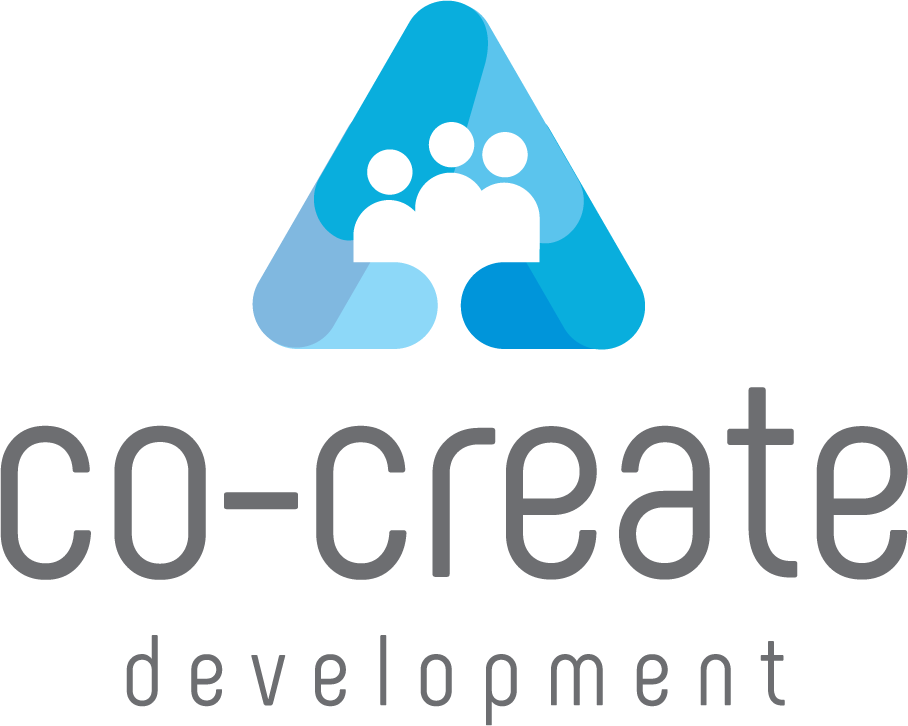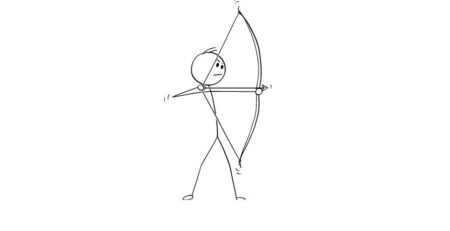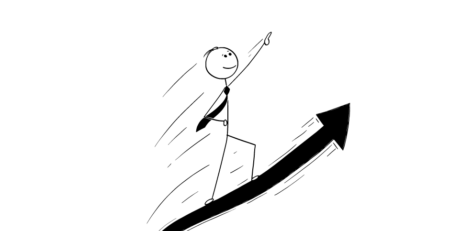Team-traps: Accountability #2
Team traps are a phenomenon that prevent a team from performing at its best. These are mostly in a team’s blindspot: teams may very well not be aware of how these phenomena sabotage their performance. The quality of accountability may easily constitute a team trap. In the previous blogpost of this series, we took a look at the differences between team members’ taking accountability on an individual or at a team level. Now we will examine how it affects the organization/team and individual.
Individual accountability of team members focuses only on getting the most out of the individual’s performance, while team accountability refers to members taking responsibility for team level tasks as well: e.g. integrating newcomers or implementing team level decisions.
Imagine a scale of accountability: where one end is the team members taking accountability only for their individual tasks and the other end is where they take full responsibility for team level tasks too. Depending on where the team stands on this scale will generate different results for the organization/team as well as for the individual.
The benefits of taking team level accountability for the organization/team:
- Performance is more stable, higher level, more reliable
- Team atmosphere is healthier, the members can feel that they can rely on each other.
(which in turn affects performance)
- The retention power of the team is stronger. Which in times of high fluctuation, when the job market is so active, is very important.
Major benefits also surface for the individual. It is totally different to work in a team where
- The individual knows that whatever difficulty he/she encounters, they can rely on each others’ support (professional and emotional)
- There is no need to constantly compete with others on the team to be the best performing team member. Focus shifts on best perfomance to team level.
- The individaul can experience that if he/she performs to their highest potential and pays attention to others, enabling/supporting them to get the best out of themselves, the team’s performance will be at its best.
This is all good, but what can we do to support the team’s development in the field of accountability?
- Raise awareness, once the issue is out of the team’s blindspot, it can at least be addressed
- Some teams can move by themselves on the scale. You can start by
- having conversations around accountability (i.e. discussing what team level accountability may mean for you and what it would look like in the team’s everyday reality)
- holding each other accountable for what the team agrees on. (e.g. implementing the decisions, reminding each other. Which is more than just simply talking, as talking should be coupled by taking action)
- Often a team’s inability to achieve it alone may be strengthened by enaging professional team coaches.
Szabó Tamara
OD consultant, trainer, coach (MCC), teamcoach
Follow us on linkedin.










